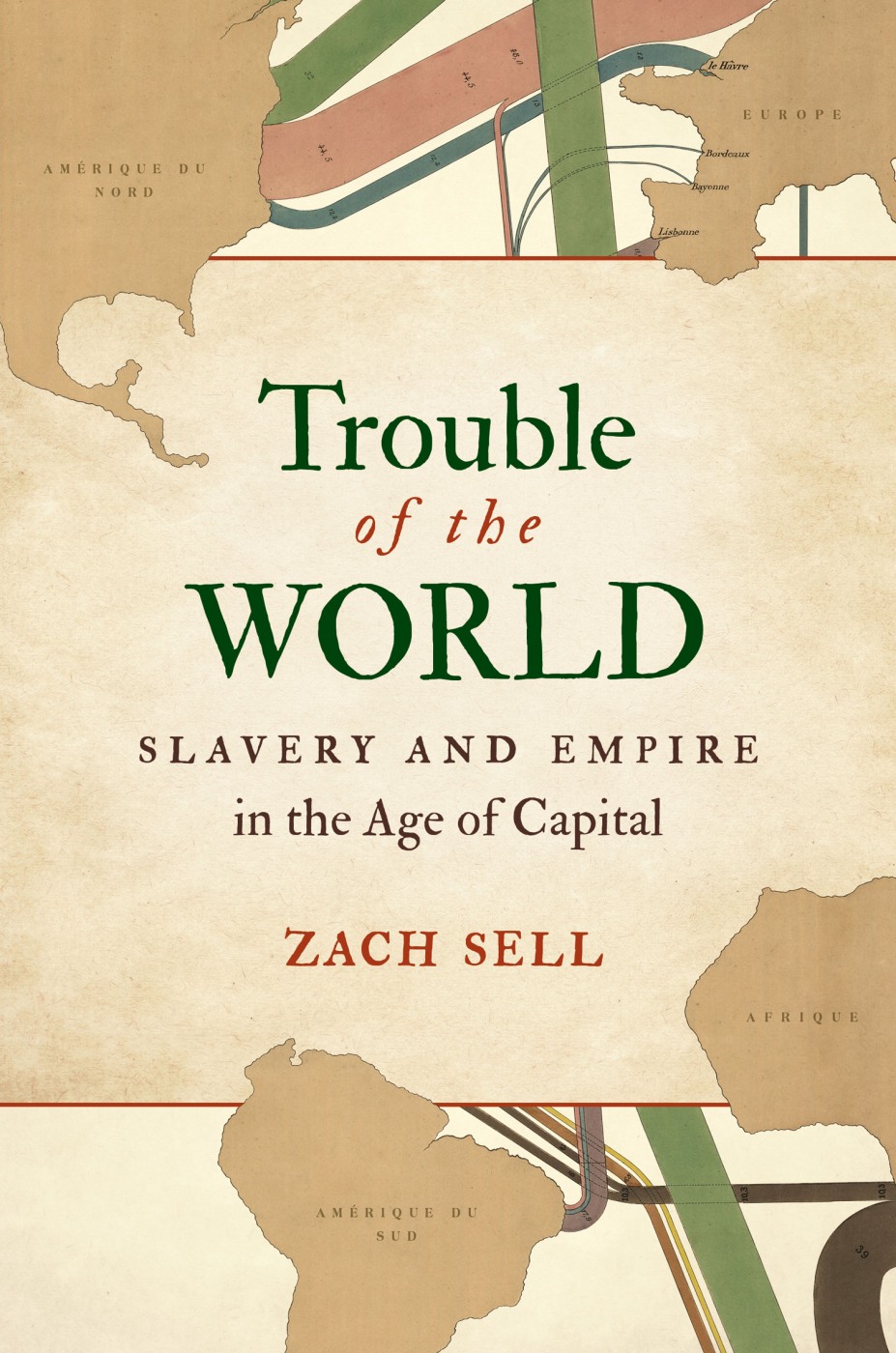
PROVIDENCE, R.I. [Brown University] — What did the rise of American slavery have to do with the British Empire’s expansion in the mid-19th century? And what does either history have to do with today’s global crises and upheavals? According to Zach Sell, they are all interconnected.
Sell, a visiting assistant professor at Brown University’s Center for the Study of Slavery and Justice, spent the last several years researching the period between 1833, when slavery was first abolished across the British Empire, and 1865, when slavery was abolished in the United States with the ratification of the 13th Amendment.
Most Americans know that during these decades, slavery surged in the South and transformed the U.S. into a major crop exporter and slaveholding power. What many don’t know, Sell said, is that the country became a model for colonial projects across the globe — even among imperial powers that had abolished slavery.
Sell’s new book, “Trouble of the World,” shows how slavery not only molded the U.S. economy but also inspired models of production and colonialism overseas — and how slavery’s legacies have cast a long shadow into the present.
Following its recent release, Sell answered questions about the book.
Q: What led you to write “Trouble of the World”?
I was thinking a lot about how we consider the history of slavery in the United States in discussions about the formation of American capitalism, but we don’t do that as much in discussions about the broader global history of capitalism. While much of my work relates to slavery in the Americas, I have also always been interested in imperial history, particularly the history of the British Empire, and I began to see a lot of overlaps between those two research interests.
My book demonstrates that the example of U.S. slavery deeply shaped colonial projects across the British Empire. But one of the huge things I learned while researching for the book is that that’s true the other way around, too: The institution of slavery in the U.S. was deeply shaped by the context in which it existed, which was dominated by the British. C.L.R. James, a Trinidadian historian, once called the world a “tangled skein.” That’s something that really stood out to me as I did this research. You can’t completely isolate histories from the broader world they’re embedded within.
Q: Children learn about slavery in school, but they don’t often learn about how U.S. slavery influenced the British Empire. Why isn’t this common knowledge?
I think it can be difficult to untangle that skein — to make sense of all the interconnectedness in the world and observe the ways our histories converge. This isn’t something generally understood. But I do think there’s a growing body of scholarship about how U.S. slavery had a broader global influence than what is commonly understood.
